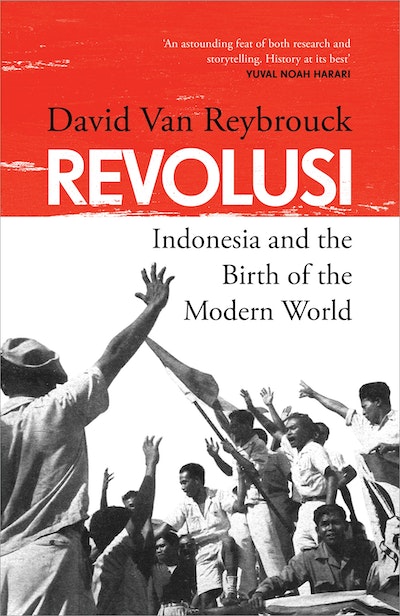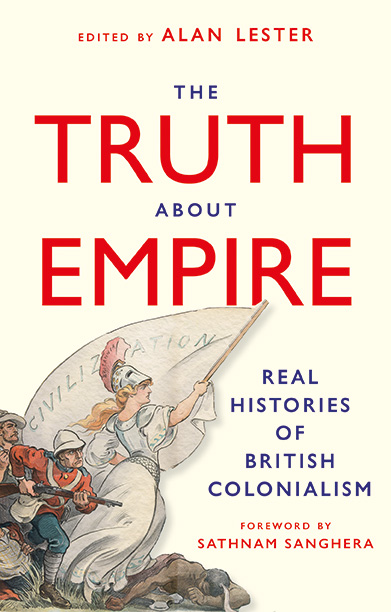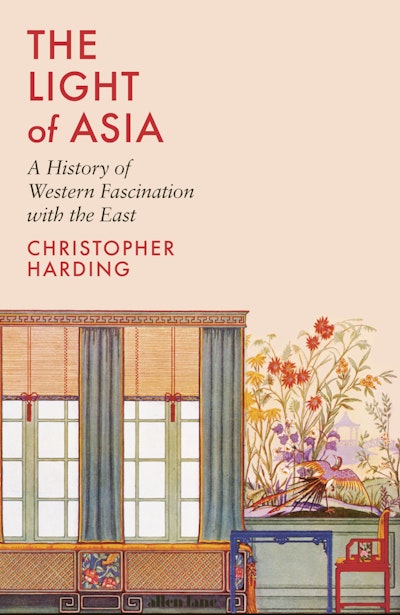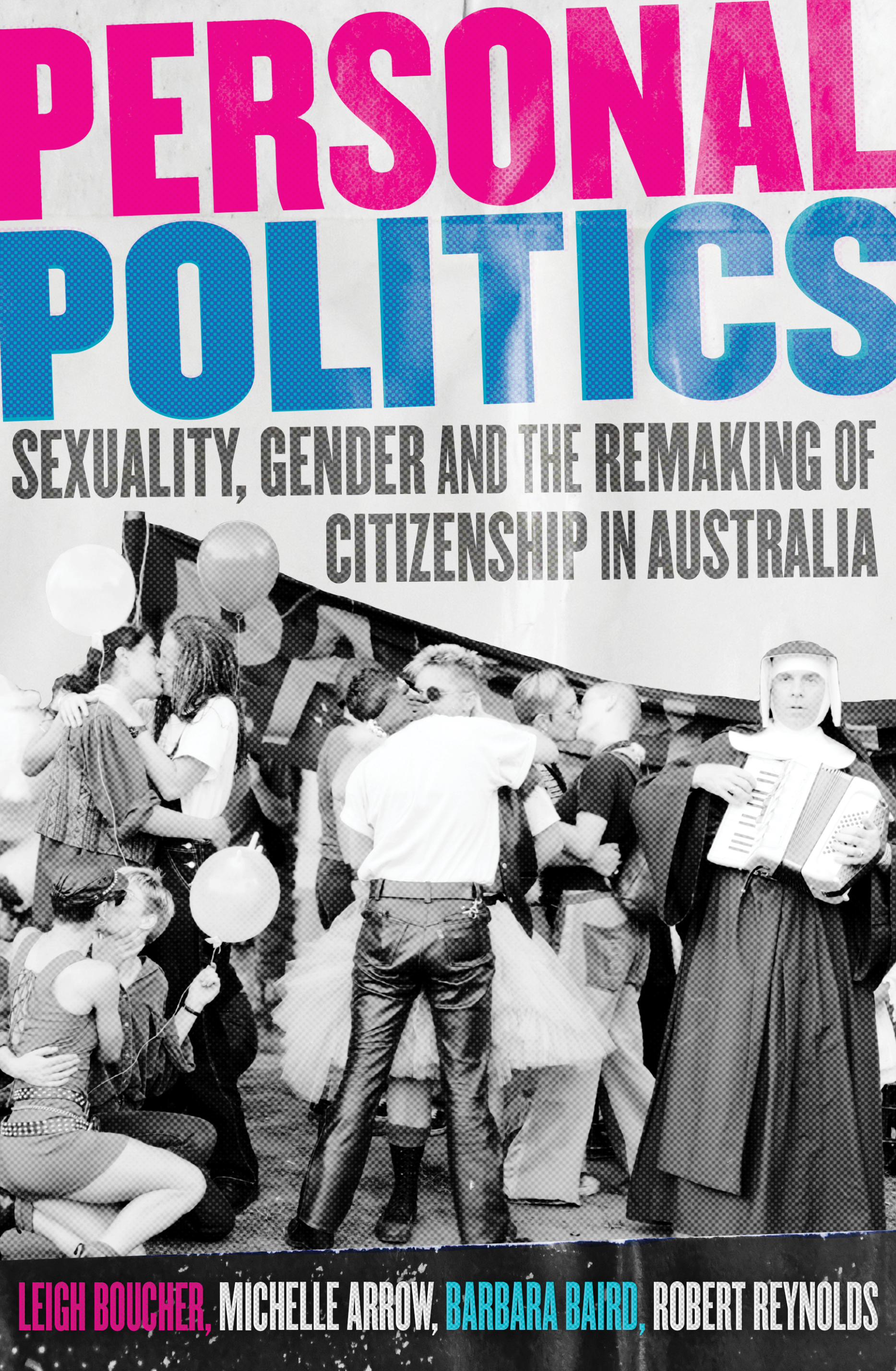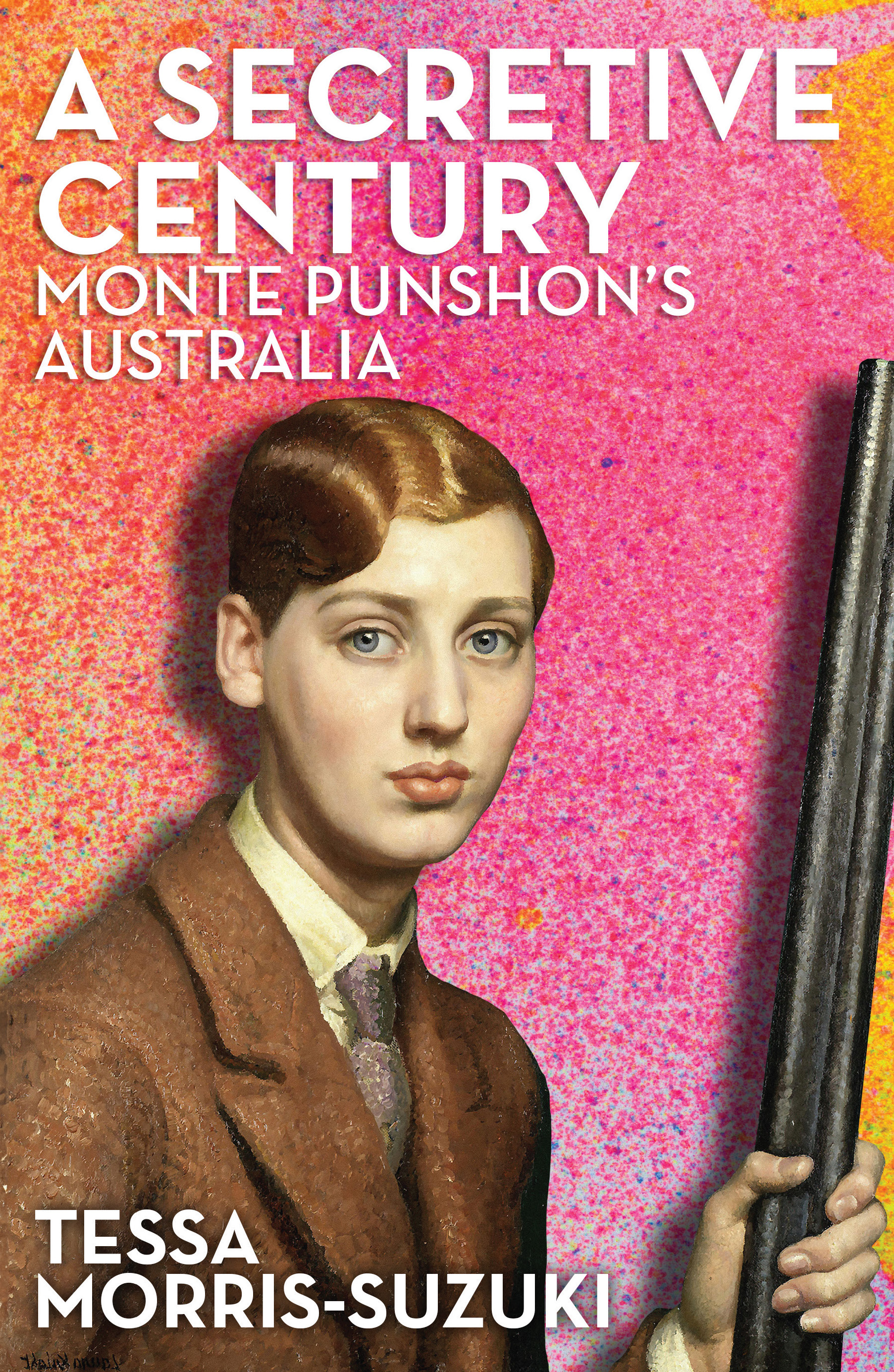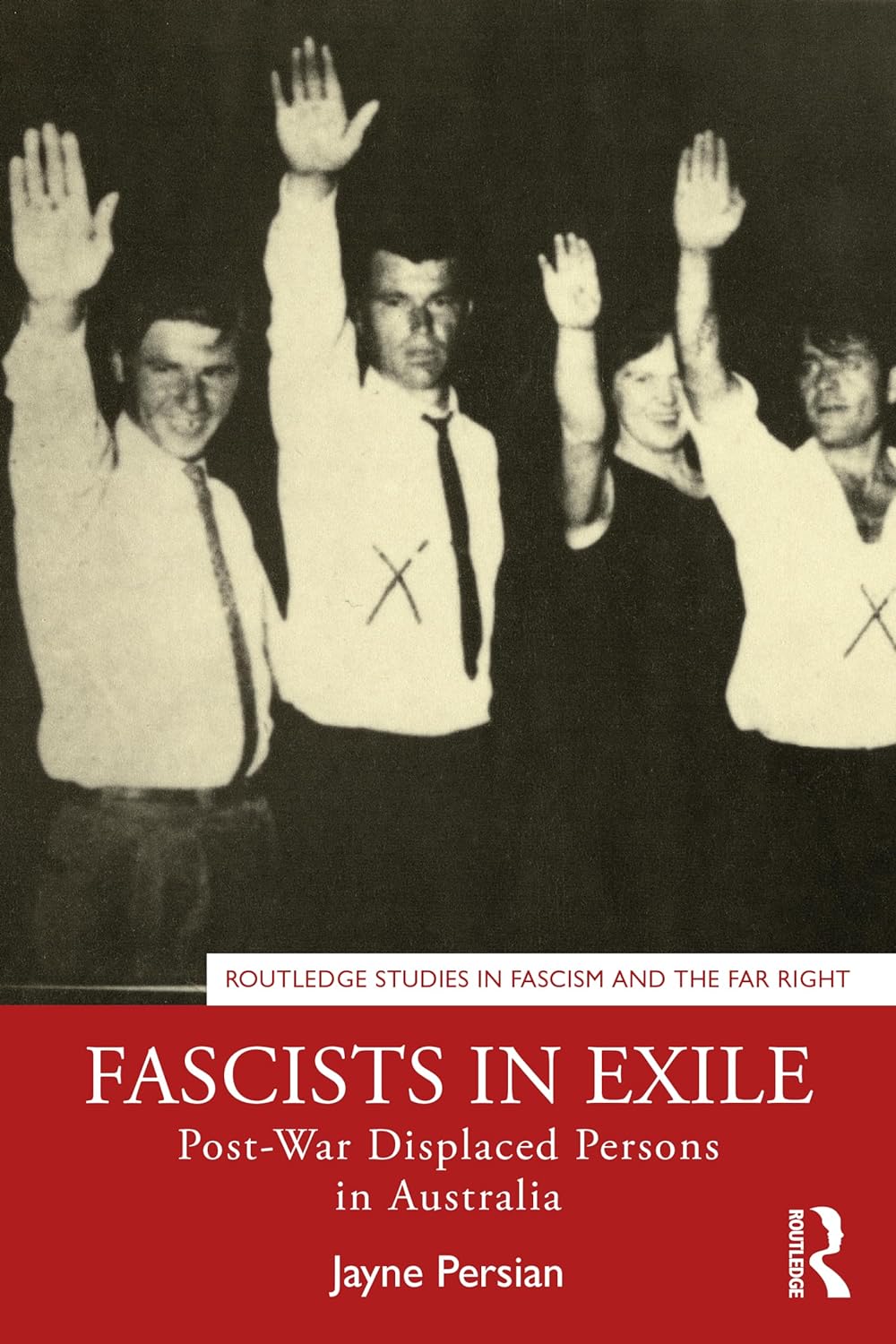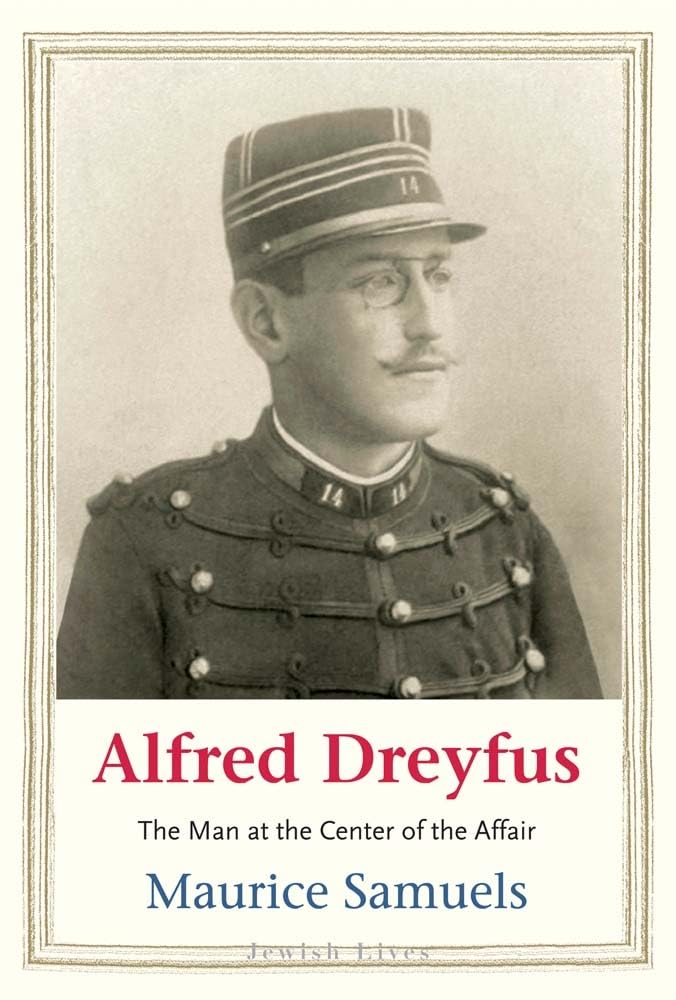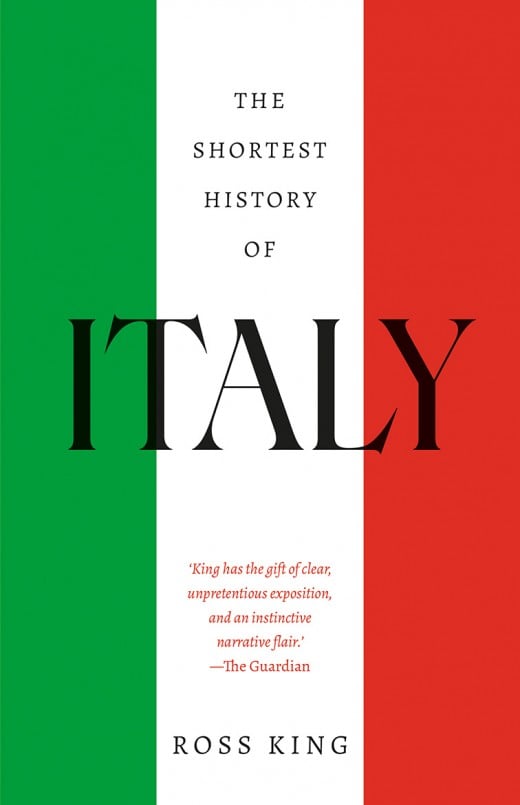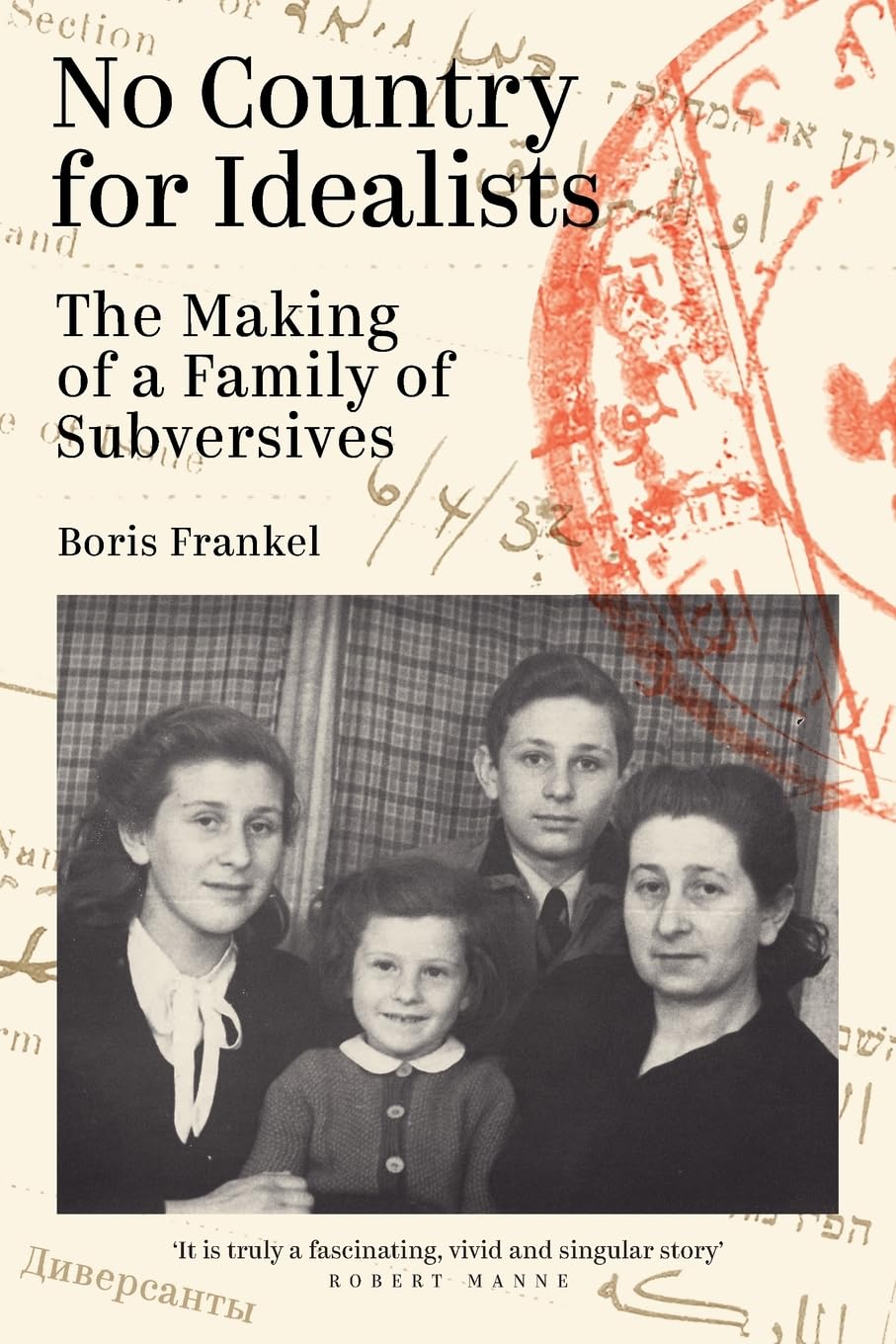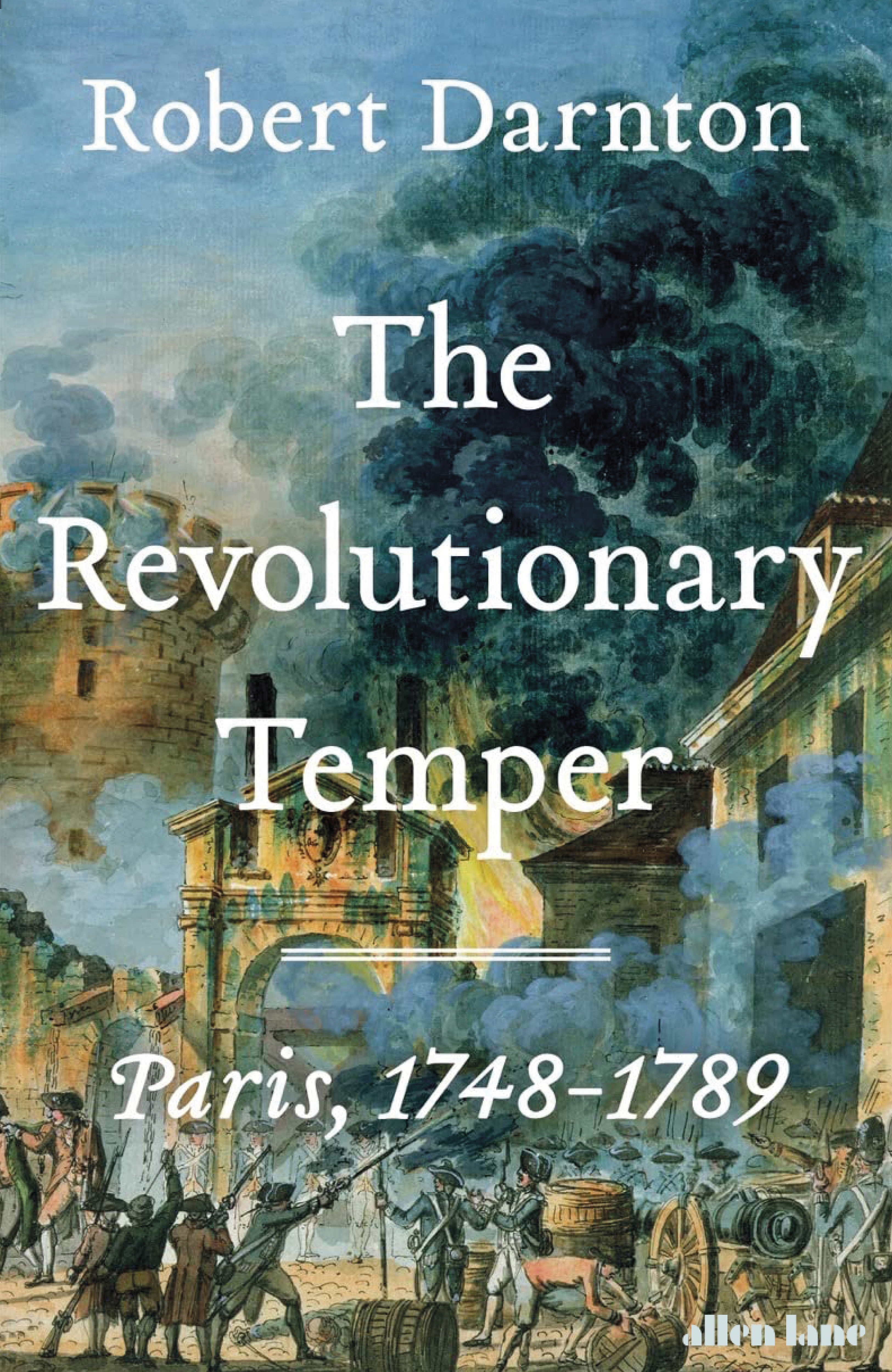History
Revolusi: Indonesia and the birth of the modern world by David Van Reybrouck, translated from the Dutch by David Colmer and David McKay
In 1906 and 1908, on the island of Bali, thousands of people dressed in ceremonial Hindu attire walked towards Dutch gunfire in acts of mass suicide known as puputan. These were not the first events of mass violence by the Dutch against the indigenous people of what we now call Indonesia – nor the last. In 1621, the native inhabitants of the Banda Islands were slaughtered en masse to secure Dutch access to nutmeg; it was the starting point for Amitav Ghosh’s brilliant non-fiction work The Nutmeg’s Curse (2021). The only Bandanese who survived were enslaved. During the so-called Dutch Golden Age of the 1600s, Batavia (now Jakarta) was home to 27,000 people – half of whom were enslaved. In 1740, the Dutch massacred almost all ethnic Chinese residents of Batavia, establishing what would become a dark history of anti-Chinese violence in the archipelago.
... (read more)The Truth About Empire: Real histories of British colonialism by Alan Lester
Increasingly, public understanding of issues vital to humanity’s well-being and future – climate change, health policy, international relations – is informed by debate that pits specious prejudice, masquerading as opinion, against expertise. Communicating with a lay audience, experts on complex yet politically charged subjects confront twin challenges: they must present evidence that is multifaceted and can provide no perfect or certain solution, while simultaneously dismantling arguments, founded in denialism, that endorse simple strategies and offer comforting but false hope. Experts and those who wish to construct evidence-based policy are struggling to meet these challenges.
... (read more)The Light of Asia: A history of Western fascination with the East by Christopher Harding
The world isn’t quite what it seems. We often imagine the modern world as if it were a halved orange, East clearly separated from West. For centuries, the West has claimed superiority over the Rest, despite knowing little about them, as Edward Said copiously showed in Orientalism (1978). An equally influential proposition in The Clash of Civilisations (1996) was Samuel Huntington’s. He saw the world of Islam as having ‘bloody borders’ and being pitted in conflict with the West over cultural differences. In 1984 (1949), George Orwell imagined two fictional hemispheres in conflict, Eurasia and Eastasia, leaving unresolved the problem of what to do about Oceania.
... (read more)Personal Politics: Sexuality, gender and the remaking of citizenship in Australia by Leigh Boucher et al.
The slogan the ‘personal is political’ is now so well-worn that it has congealed into cliché, though the notion itself can still produce a backlash if we take regular diatribes against ‘identity politics’ as a measure. In such rants, it is as though only some of us possess an identity that we mobilise around politically, whether under the LGBTQI+ umbrella, as First Nations peoples, as part of ethnic communities, or as ‘women’, the world’s largest special interest group. Given that critics of ‘identity politics’ tend to be socially conservative, the targets of their reductive invectives are presumed to lean to the left politically.
... (read more)A Secretive Century: Monte Punshon’s Australia by Tessa Morris-Suzuki
In 1888, Melbourne hosted a grand Centennial International Exhibition to mark a century of British occupation of the continent. There, a six-year-old girl called Ethel Punshon was excited to see that she had won a prize of two guineas for her needle-work – an embroidered red felt newspaper holder. Almost one hundred years later, as Brisbane prepared to mark the bicentennial with a modern ‘Expo 88’, Ethel – now known as Monte Punshon – was invited to become Expo’s roving ambassador, as perhaps the only person alive who remembered its predecessor.
... (read more)Fascists in Exile: Post-war displaced persons in Australia by Jayne Persian
This important and arresting book chronicles the way in which Australia, from 1947 to 1952, imported some 170,000 displaced persons from Europe, a reasonable number of whom were fascists. The striking thing that Jayne Persian (a historian at the University of Southern Queensland) lays bare is the insouciance with which this policy was adopted and the way in which all political parties fell over themselves with enthusiasm for it, though all the main actors were well aware of the influence of fascism among this cohort.
... (read more)Alfred Dreyfus: The man at the center of the affair by Maurice Samuels
Jews are central to narratives of the history of modern France. One narrative thread concerns a story of civic emancipation from the time when Jews were first granted equal rights during the French Revolution until the present, when Prime Minister Gabriel Attal is not only France’s youngest postwar prime minister but also, like his predecessor Élisabeth Borne, of Jewish ancestry. The other narrative thread is of continuing anti-Semitism, most obvious in the Vichy government’s active participation in the deportation of Jews during World War II and still evident in the hundreds of anti-Semitic incidents reported in France every year. The Dreyfus Affair is pivotal to both narratives.
... (read more)This book is orthodox in its range (from the foundation of Rome to the Covid pandemic), organised into specific historical periods (Renaissance, Illuminismo, Risorgimento), and traditional in telling history largely through eminent biographies and great historical events.
... (read more)No Country for Idealists: The making of a family of subversives by Boris Frankel
I first met Boris Frankel when he was a thirteen-year-old, in the pages of a file at the National Archives of Australia. I was working on Russian migrant families in Australia that decided to return to the Soviet Union, but then tried to come back to Australia. Boris and his sister Genia had travelled more than 1,500 kilometres from the Crimea to Moscow, alone, in 1959, in the hopes of persuading British authorities to allow their return to Australia. It was a remarkable story: two teenagers who negotiated Soviet bureaucracy and surveillance, made an impassioned plea, and secured the support of a British ambassador. The file even contained letters the children had written to Prime Minister Robert Menzies – their own, teenaged voices. Letters like this are a historian’s dream: I felt I had got to the heart of the story. And yet, in Boris Frankel’s historical memoir, No Country for Idealists, I saw the trip to Moscow anew. In the texture of Frankel’s narrative – their Siberian cabin-mate on the train journey (named Rasputin!), the ambassador’s chef who cooked them breakfast – the wonder of the journey emerged afresh.
... (read more)On 27 August 1783, Jacques Charles launched the world’s first hydrogen balloon flight from the Champ de Mars (now the site of the Eiffel Tower). He excluded his rival Jacques-Étienne Montgolfier from the ticketed reserve. Then, on 21 November, Charles and another ‘navigateur aérien’ made the first manned flight, landing thirty kilometres north of Paris. Montgolfier was invited to cut a ribbon as a gesture of reconciliation in the name of science.
... (read more)
